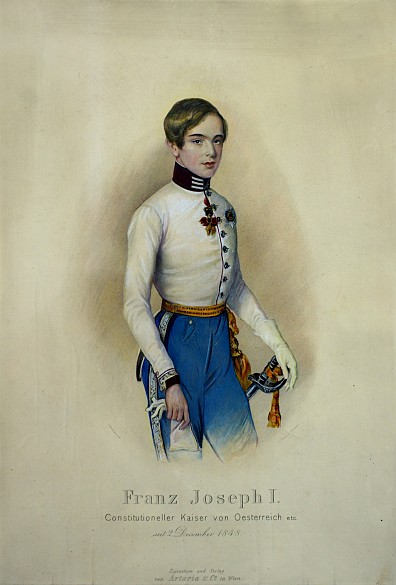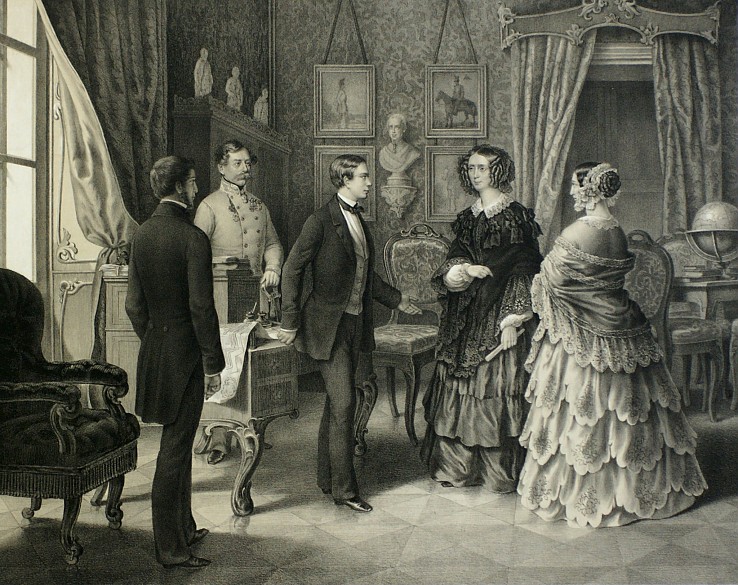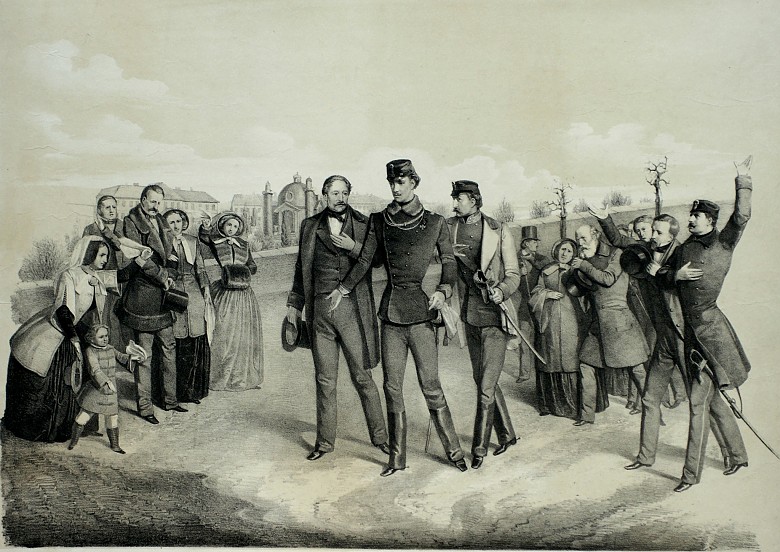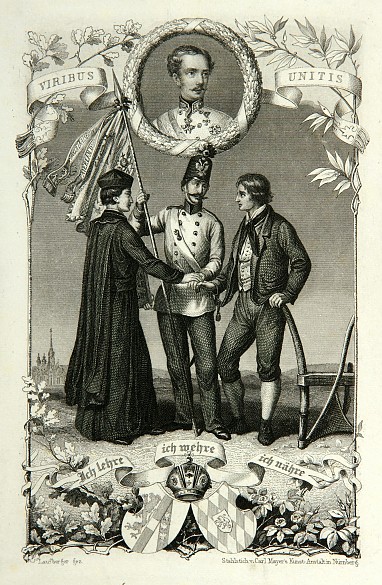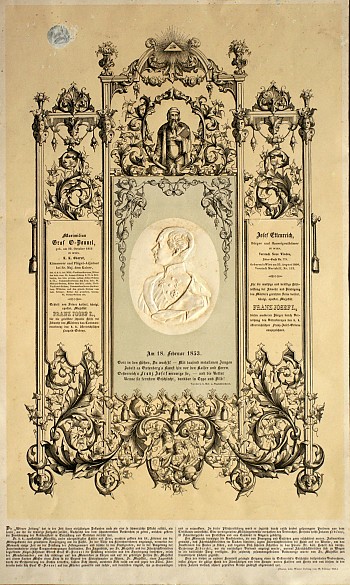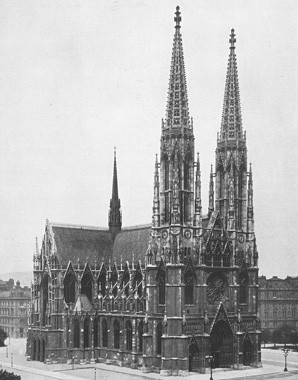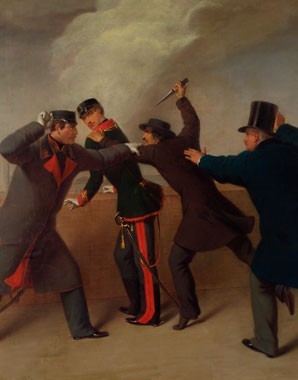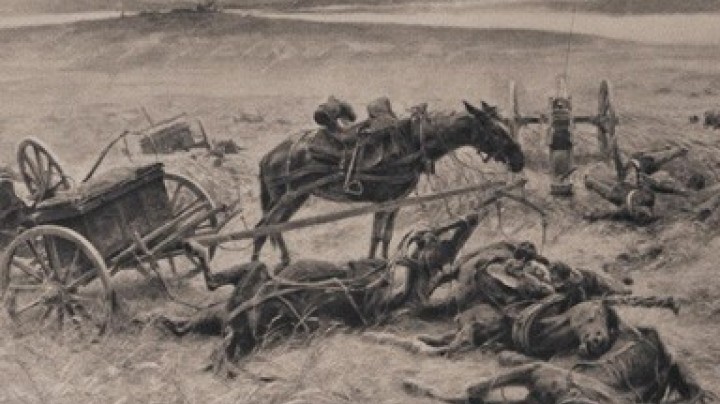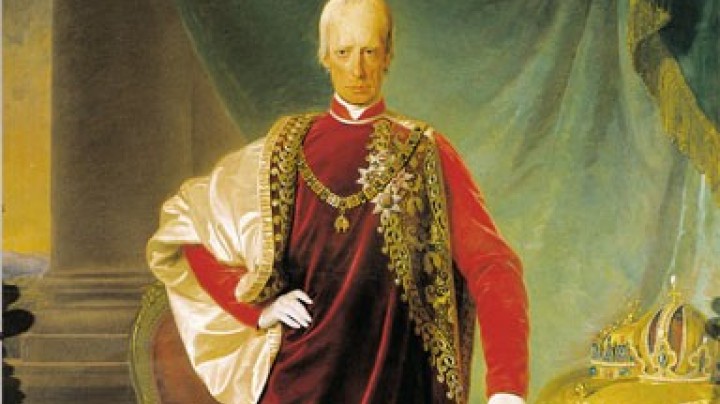Franz Joseph, the supreme bureaucrat
A young lad becomes emperor and is intent on remaining so for a long time – Franz Joseph’s extensive reign has caused posterity to regard him as the very epitome of the Habsburg Monarchy. However, this period was far from being a pure idyll.
On 2 December 1848, at a mere eighteen years of age, Franz Joseph became Emperor of Austria, succeeding his uncle Ferdinand after his father Franz Karl had renounced his claim to the throne. Having – like other monarchs – been subjected to a strict education calculated to prepare him for his potential future role as ruler, Franz Joseph was greatly influenced by his powerful mother Sophie. He was not the only one who received a successful education to monarchhood: his brother Ferdinand Maximilian also became an emperor, albeit under quite different auspices and on another continent, in Central America.
It is difficult to assess Franz Joseph’s political attitudes, as only a few written records of his personal statements have been preserved. However, it is clear that he was an adamant opponent of constitutionalism: for example, he expressed great resistance to the so-called December Constitution of 1867. He felt closely attached to the absolutist-feudal form of state, and on account of his pedantic civil servant-like commitment to official paperwork he has been characterized by some historians as the ‘supreme bureaucrat’. Famously, his motto as emperor was ‘Viribus unitis’ – ‘With united strength’ – which illustrates the image still commonly held of Franz Joseph holding the Monarchy together during the last decades of its existence. At the same time, however, what it fails to reflect are the numerous contradictions and problems inherent in his period of rule.
Lasting sixty-eight years through to his death in 1916, Franz Joseph’s reign was exceptionally long and also marked by numerous internal and external upheavals. As a neo-absolutist ruler, his principal mainstays were the Army, the Civil Service and the Church. In 1853, the Emperor survived an attack on his life by the Hungarian journeyman tailor János Libényi, an event that was commemorated with the building of the Votivkirche.
